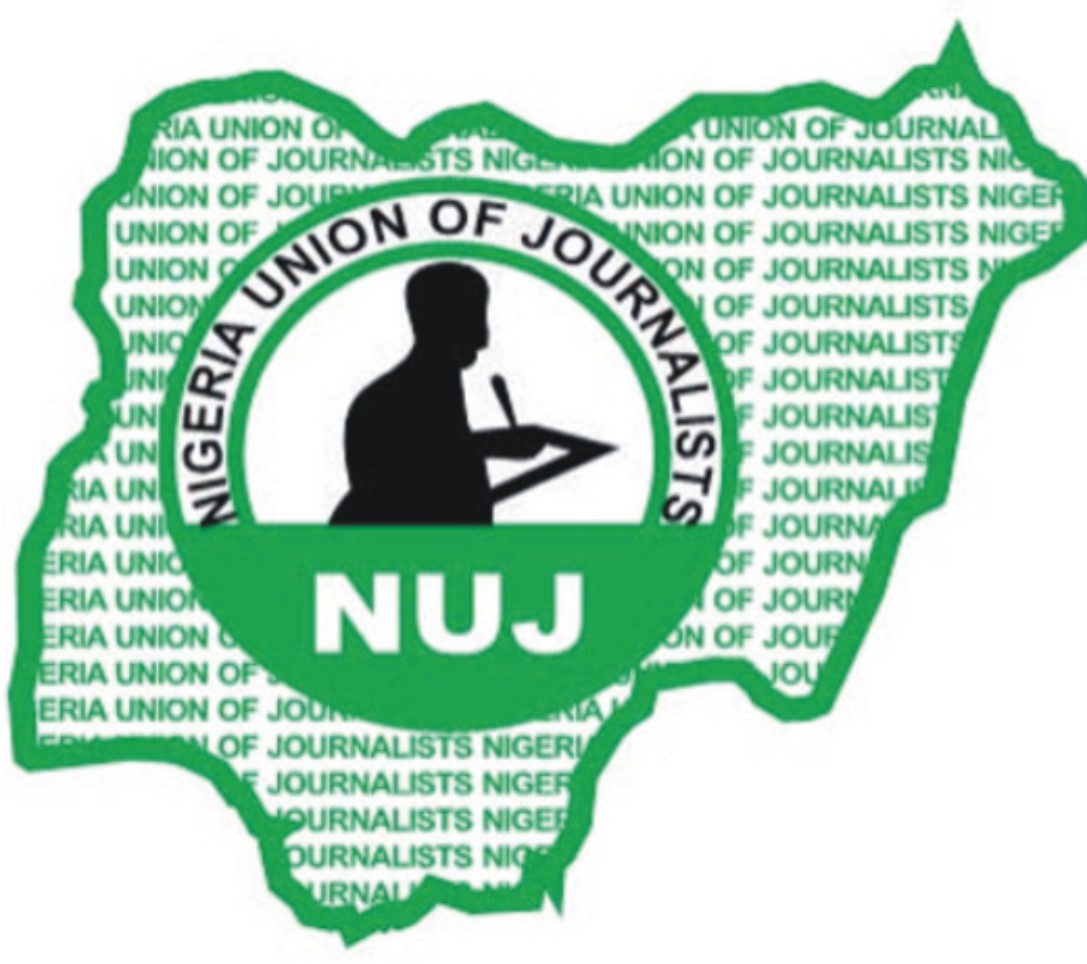The National body of the Nigeria Union of Journalists (NUJ) has issued a decisive directive to the Kwara State Council, led by Abdulateef ‘Lanre Ahmed, over what it described as “unconstitutional actions, mismanagement of union affairs, and disregard for the NUJ constitution.”
In a strongly worded letter dated July 25, 2025, signed by the NUJ National Secretary, Achike Chude, the National Secretariat outlined its stance on several contentious issues, ranging from the imposition of illegal levies on members and breaches of the union’s constitution to leadership crises within local chapels. The national body had ordered an immediate reversal of several decisions taken by the Kwara Council.
The letter, addressed to both the Chairman and Secretary of the Kwara Council, was a response to the council’s earlier communication dated July 1, 2025, which sought the delisting of certain chapels, correction of chapel names, enforcement of financial obligations, and clarification of membership qualifications.
The National Secretariat addressed these concerns alongside other disputes arising from petitions by chapels across the state, including the Kwara State Information Chapel and Sobi FM Chapel.
This intervention comes at a time when Abdulateef ‘Lanre Ahmed’s re-election as chairman and that of his executive team, remains under legal scrutiny. The outcome of the appeal court case challenging the legitimacy of their election could have far-reaching implications for the embattled council leadership.
Abdulateef ‘Lanre Ahmed was allegedly declared winner of a flawed election held on July 31, 2024, an outcome formally contested by aggrieved members of the union.
In a petition dated August 2, 2024, Dare Akogun of Sobi FM alleged serious irregularities, including the unilateral constitution of the credentials committee by Ahmed, printing voters’ names on ballot papers, voter intimidation, financial inducements, and massive disenfranchisement of qualified members. He described these actions as “fraud, irregularities, and violations of the NUJ constitution.”
Stakeholders within the union argue that the council’s current authoritarian approach, including attempts to delist chapels and impose arbitrary financial obligations, stems from the controversial and allegedly fraudulent election that returned Ahmed’s team to power.
The National Secretariat condemned the council’s imposition of a mandatory ₦10,000 levy on all members for registration formalities, describing the move as unconstitutional and unauthorized.
“Council is strongly advised to reverse the ₦10,000 imposed levy on members forthwith, as it is a violation of the NUJ constitution. Council is also advised to refund any money already collected from members,” the directive stated.
Regarding the suspension of Dare Akogun, the National Secretariat declared the action null and void:
“The suspension of Mr. Dare Akogun by the Kwara Council is null and void. Neither chapels nor state councils possess such disciplinary authority under the NUJ constitution.”
The Kwara NUJ leadership was also criticized for removing members from its official WhatsApp platform, an action described as undemocratic and contrary to the principles of journalism.
“The NUJ cannot be seen to be stifling voices of dissent, as journalism thrives on freedom of opinion. Council is strongly advised to restore the removed individuals to the platform without delay,” the national body warned.
The National Secretariat further clarified that the state council lacks the authority to delist or withdraw recognition from any chapel, stressing that such powers are exclusively reserved for the National Secretariat.
The Kwara Council has been instructed to: reverse the illegal ₦10,000 levy and refund affected members, restore all members removed from official communication platforms, and strictly adhere to NUJ constitutional provisions on membership and disciplinary actions.
With rising discontent among members and mounting legal and constitutional challenges, the Kwara NUJ under Abdulateef ‘Lanre Ahmed faces perhaps its most serious crisis yet.
The National Secretariat’s intervention, coupled with the ongoing court battle, has intensified calls for a complete overhaul of the council’s leadership to restore credibility and democratic governance.
